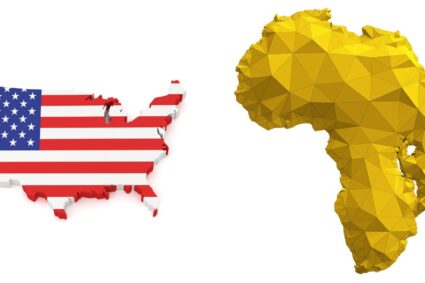
The 2024 Trump victory has ignited a significant reaction among women, particularly those identifying as leftists, who are now embracing the 4B Korea movement. Originating in South Korea, this movement centers around four key tenets: no dating men, no sex with men, no marrying men, and no having children. The goal is to challenge oppressive patriarchal cultures and demand greater control over women’s bodies and safety.
In the wake of Trump’s win, American women are expressing their disappointment and fear by joining the 4B movement, with Google Trends reporting a 450% increase in searches for the term. Women are sharing their experiences and encouraging others to join the movement on social media platforms like TikTok.
This phenomenon is part of a broader trend, with young women worldwide leaning more toward liberal ideologies than their male peers. Gallup data shows women aged 18-29 are 15% more likely to identify as liberal than men of the same age group. This gap has widened significantly over the past three decades.
Some experts argue that the movement is a response to the increasingly patriarchal cultures in societies like South Korea, where women are fighting back against misogyny and sexism. Others see it as a symptom of a broader societal issue, where social media algorithms and the proliferation of smartphones are creating separate cultural bubbles for young people
In the United States, Gallup data reveals a startling shift: women aged 18-30 are now 30% more liberal than men, a gap that emerged in just six years. Similar trends are observed in Germany, the UK, China and Korea. In Africa, Tunisia shows the same pattern and the phenomenon is also pervasive in metropolitan areas across Africa.
Korea’s extreme case serves as a cautionary tale. Its society is deeply divided, with plummeting marriage and birth rates (0.78 births per woman in 2022, the world’s lowest). Men, meanwhile, face conflicting messages: “be a man” vs. “don’t be a man” or “be cancelled,” with masculinity often seen as misogynistic.
Social media’s algorithm-driven engagement fosters emotional manipulation through targeted, polarizing content. Young people are increasingly isolated in separate cultural bubbles. The left’s feminization has led to entitlement syndrome, making liberalism attractive to women seeking empowerment. However, some modern feminists emphasize powerlessness over individual responsibility.
This has also led to the emergence of liberal young women, particularly in Generation Z, who are pushing for liberation from traditional and cultural standards. Such that sexual liberation has worsened the situation, we’ve have seen the rise of only fans, revealing outfits , and other forms of debauchery on social media.
On the other hand, disillusionment drives some young men toward macho ideologies associated with toxic masculinity, while both face declining mental health due extreme internalization of these ideologies. Women’s agreeableness and social media-driven herd mentality is also exacerbating the issue. Coupled with midas mindset that prioritizes wealth and career above all, further straining relationships.
According to Mary Harrington (Feminism Against Progress), natural selection has ingrained in women a preference for high-status men. Combined with men’s desire for sexual variety and casual sex, this creates a dysfunctional dating market. Women now worry about dating below their perceived level, contributing to mental health concerns.
Addressing the root causes of the ideological divide, while promoting individual responsibility and empowerment is crucial for fostering healthy inter and intrapersonal relationships and dating norms. It’s important for equality action groups to take note of the ideological divide and unite both sides during the 16 days of activism.
Disclaimer: The views and opinions expressed in this article are those of the author and do not necessarily reflect the official policy or position of My Afrika Magazine. All content provided is for informational purposes only and should not be construed as professional advice. My Afrika Magazine makes no representations regarding the accuracy, completeness, or reliability of the information contained in this article. Readers are encouraged to independently verify any facts presented. My Afrika Magazine assumes no liability for any losses, damages, or other consequences that may arise from reliance on the information provided in this article.


